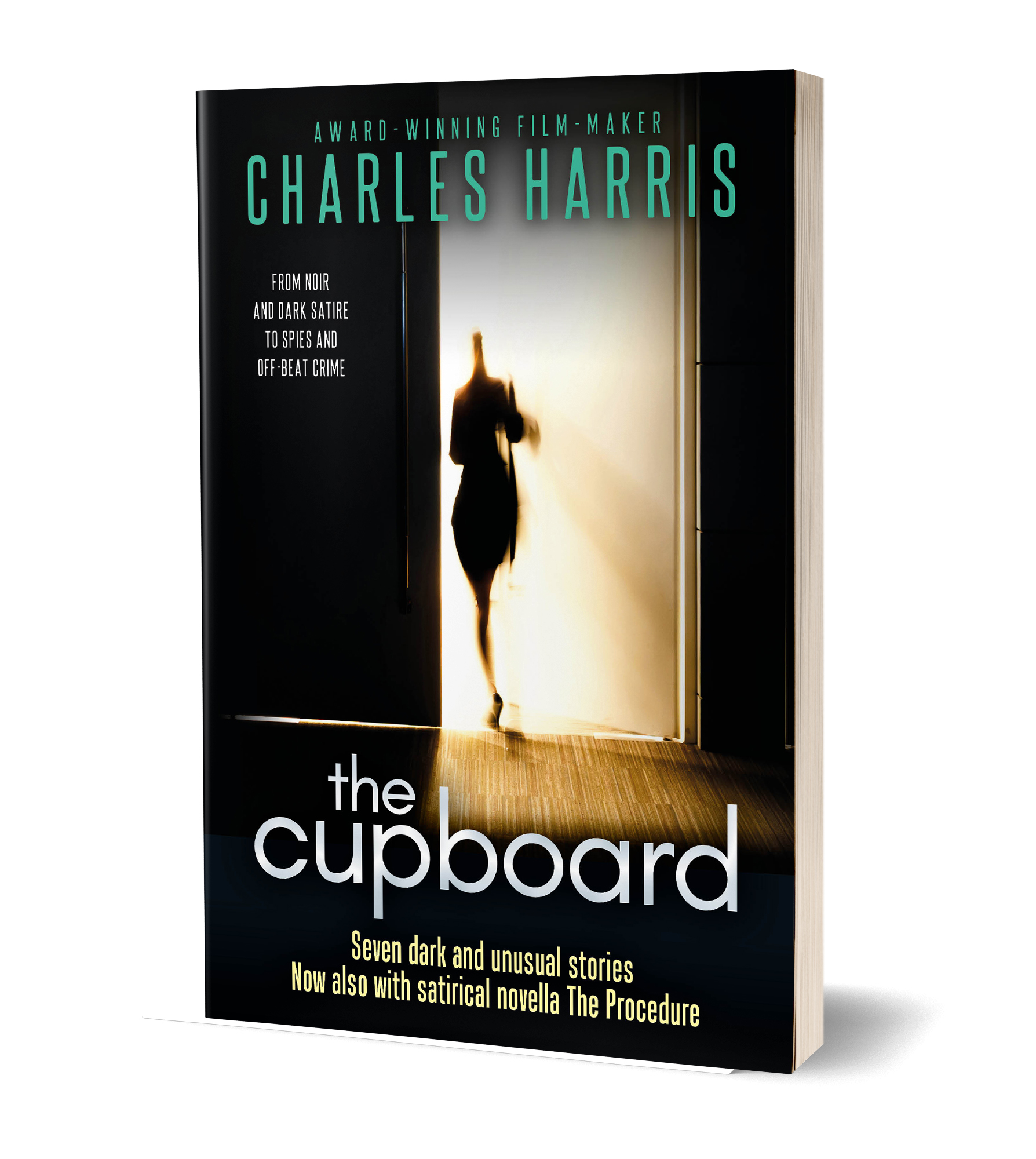How truth-telling in Chicago led to a unique new law
17 Wednesday Apr 2019
Truth-telling in Chicago

On February 9th 1982, a man grabbed a Chicago policeman’s gun in the street and shot him and his partner dead.
A city-wide investigation led to the arrest of two brothers – Andrew and Jackie Wilson.
They confessed to their involvement – and duly received the death penalty and life imprisonment respectively.
But then came a twist to the tale. One that would change the law in an unprecedented way.
Midnight crew
For some time, Andrew Wilson had accused the police of getting their confessions by torture.
After his arrest, he’d been admitted to Mercy Hospital and Medical Center with lacerations on his face, chest bruises and second-degree thigh burns.
That same night, a medical examiner who saw him sent a memo to the Cook County State’s Attorney, on suspicion of police brutality.
The fact is that black Chicagoans had long suspected a group of police officers known as the Midnight Crew, led by area commander Jon Burge.
They accused them of beating suspects, suffocating them, subjecting them to mock executions, raping them with sex toys and using electric shock machines until they confessed.
And as the shocking truth began to emerge, it became clear that Burge had overseen at least 118 cases of torture between 1972 and 1991. Almost all black.
Some were doubtless guilty as charged – many were totally innocent.
Torture accountability
But the story didn’t end there. Activist groups kept pushing, year after year, for accountability.
Lawyers took up their cases. Anonymous cops fed them information and names.
In 2014, one group – We Charge Genocide – went as far as to send a delegation of young men and women to the United Nations committee against torture in Switzerland.
Case after case started to unravel and many convictions overturned.
Activists accused Burge, an army vet, of learning torture techniques in Vietnam. He denied all knowledge of what his men had been doing. Retired to Florida on full pension. And thought he was immune from prosecution for the torture, thanks to the Illinois statute of limitations.
However, Burge was wrong. He still could be arrested. If not for torture but for obstruction of justice and perjury. In 2009, he was sentenced to four and a half years in prison.
Truth-telling in Chicago
Then, in 2015, in a dramatic new step, Chicago’s city council passed a resolution officially recognising the torture.
It’s a unique document in US history. Torture accountability has been generally considered a utopian absurdity.
But in Chicago, it’s now law. The law goes even further and voted $5.5m for reparations. This will mean up to $100,000 for some victims of the Midnight Crew, whether innocent or not.
It may sound generous, until you realise that some of the victims have spent over 20 years in jail.
Other provisions include free tuition at community colleges, free psychological counselling and a memorial to the police-torture survivors.
Talk – however uncomfortable
But, perhaps most controversially, all 644 Chicago public schools now have, by law, to teach “about the Burge case and its legacy.”
Entitled “Reparations Won”, the curriculum comprises detailed discussion of Chicago’s long history of racism, the police’s “war on crime” in black neighbourhoods, videos about the cases and visits by victims.
As the Guardian newspaper put it, in a fascinating article on teaching the new curriculum, for many this was the most important part of all.
Promising “time and talk, however awkward and uncomfortable that talk might be.”
It has its critics, some of whom point out that Burge (who died in 2018, age 70) was never actually convicted of torture, only perjury. Others worry that children might learn the wrong lessons – to feel empowered to ignore the police or even endanger themselves.
But, to quote Peter C Baker in the Guardian again, “thousands of children all over Chicago have now talked about the city in a new way.”
And hard as it may be, in the end, the truth always needs to be told.
Read more
The Guardian: “In Chicago, reparations aren’t just an idea. They’re the law”


Tell people what you think